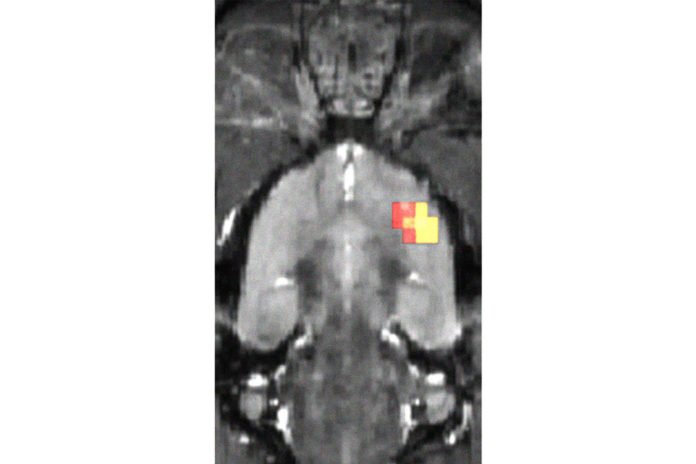A new study from the NIH’s Intramural Research Program and McGill University suggests that the pain-induced changes in the brain’s opioid system suggest the ineffectiveness of opioid therapy in chronic pain. Scientists also suggest that this could play a vital role in the depression that often accompanies it.
Scientists conducted the study on rats. Scientists performed cross-sectional positron emission tomography (PET) imaging on the brains of 17 rats that had undergone surgery to produce a nerve injury that causes chronic pain, and on 17 rats that had undergone sham surgery. They observed that the effectiveness of the opioid therapy decreases in multiple regions of the brain after the three months. Means, the therapy provides limited effectiveness.
These changes are only found in nerve-injured rats, but no changes had occurred in the sham-surgery rats. It means, the pain itself, not treatment or preexisting individual differences, altered the brain’s opioid system.
Scientists also performed other tests to provide insights on the relationship between chronic pain and depression. The injured rats also showed a decrease in their preference for sugar water over plain water after injury. (Rats normally enjoy sugar water, so this test provides insight into the animals’ ability to experience pleasure or interest in seeking it.) Among the injured animals, there was a positive correlation between opioid receptor availability and preference for sugar water.
These outcomes suggest that the changes in the opioid system may also play a role in the depression often associated with chronic pain.
The reports are published in the journal Pain.
